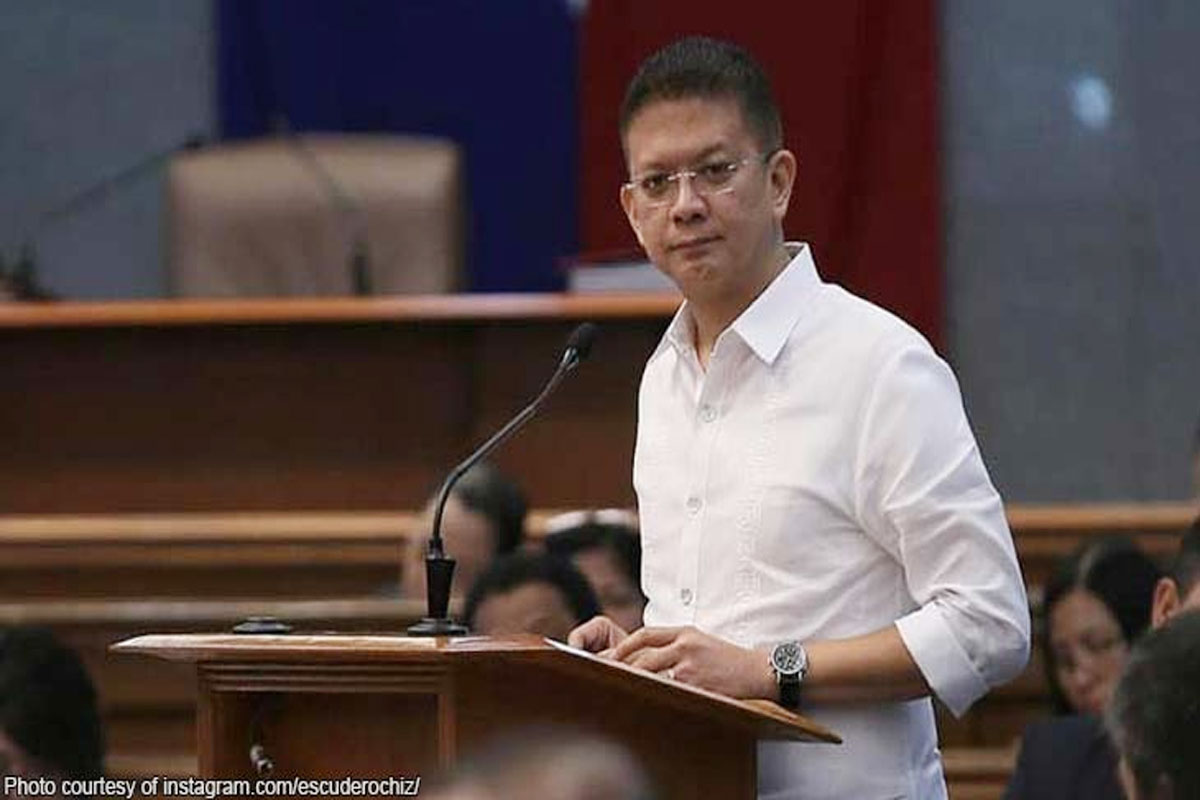
House approves estate tax amnesty extension, targets 1M beneficiary-families
WITH an overwhelming 259 affirmative votes, the House of Representatives on Monday approved on third and final reading a bill extending the estate tax amnesty under Republic Act (RA) No. 11213 by two more years up to 2025.
Speaker Ferdinand Martin G. Romualdez, the principal author of House Bill (HB) No. 7909, said the proposed extension would give those covered by the law enough time to avail themselves of the amnesty and lower tax rates so they could use the properties and other assets they have inherited from their dead loved ones.
He said data given to the House Committee on Ways and Means led by chairman and Albay Rep. Joey Sarte Salceda showed that up to one million families could benefit from the extension.
“They have barely recovered from the Covid-19 pandemic, and the amnesty deadline, which had been extended once, is just a month away. It’s on June 14. Thus, the need for another extension,” Speaker Romualdez said.
The Speaker’s co-authors of Bill 7909 include Majority Leader Jose Manuel “Mannix” M. Dalipe, Senior Deputy Majority Leader and Ilocos Norte Rep. Ferdinand Alexander A. Marcos, and Tingog Party-list Reps. Yedda Marie K. Romualdez and Jude Acidre.
The Speaker appealed to the intended amnesty beneficiaries to take advantage of the projected new extension.
He also urged the Bureau of Internal Revenue (BIR) to simplify the amnesty application procedure and allow online filing, especially for heirs who are overseas Filipino workers (OFWs).
He said the pandemic and the financial and economic difficulties it had caused made it hard for thousands of heirs, especially those in the provinces, to take advantage of the benefits the law, RA 11213, or the Tax Amnesty Act, enacted on February 14, 2019.
“They have already suffered enough because of the pandemic. Let us not make the situation more difficult for them by extending the period for them to avail themselves of those benefits,” he added.
He stressed that the payment of estate taxes would not only result in additional tax revenue for the government but in the faster distribution and use of inherited properties like land as well.
“It would unlock the potential for the development and economic utilization of those assets to the benefit not only of the heirs but of communities where those properties are located,” he said.
Under the Tax Amnesty Act, delinquent heirs, executors, and administrators had up to June 15, 2021, to avail themselves of amnesty.
The law covered the estates of decedents who died on or before December 31, 2017, with or without duly issued assessments, and whose estate taxes have remained unpaid or have accrued as of the same date.
The law offers those taking advantage of amnesty immunity from civil, criminal, and administrative cases and penalties under the 1997 Tax Code.
The pandemic prompted Congress to amend the law in June 2021 to provide for a two-year extension up to June 14, 2023.















